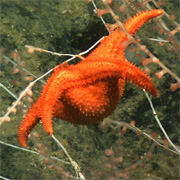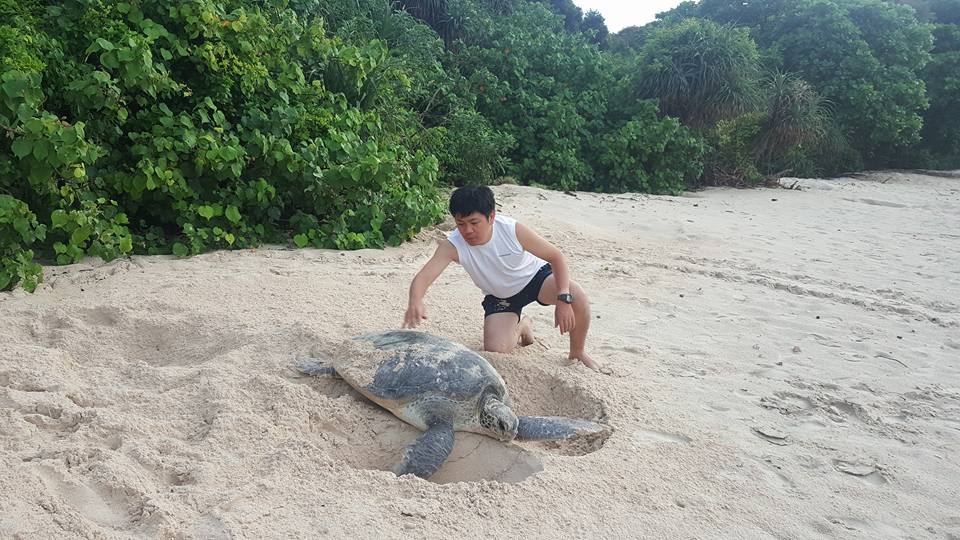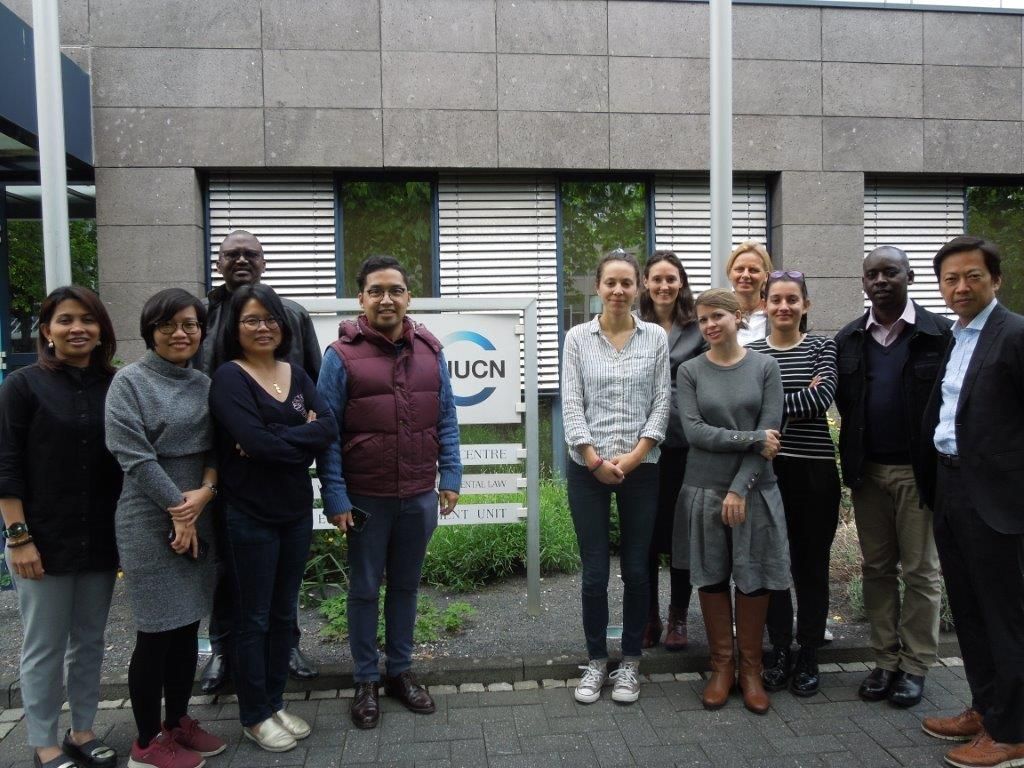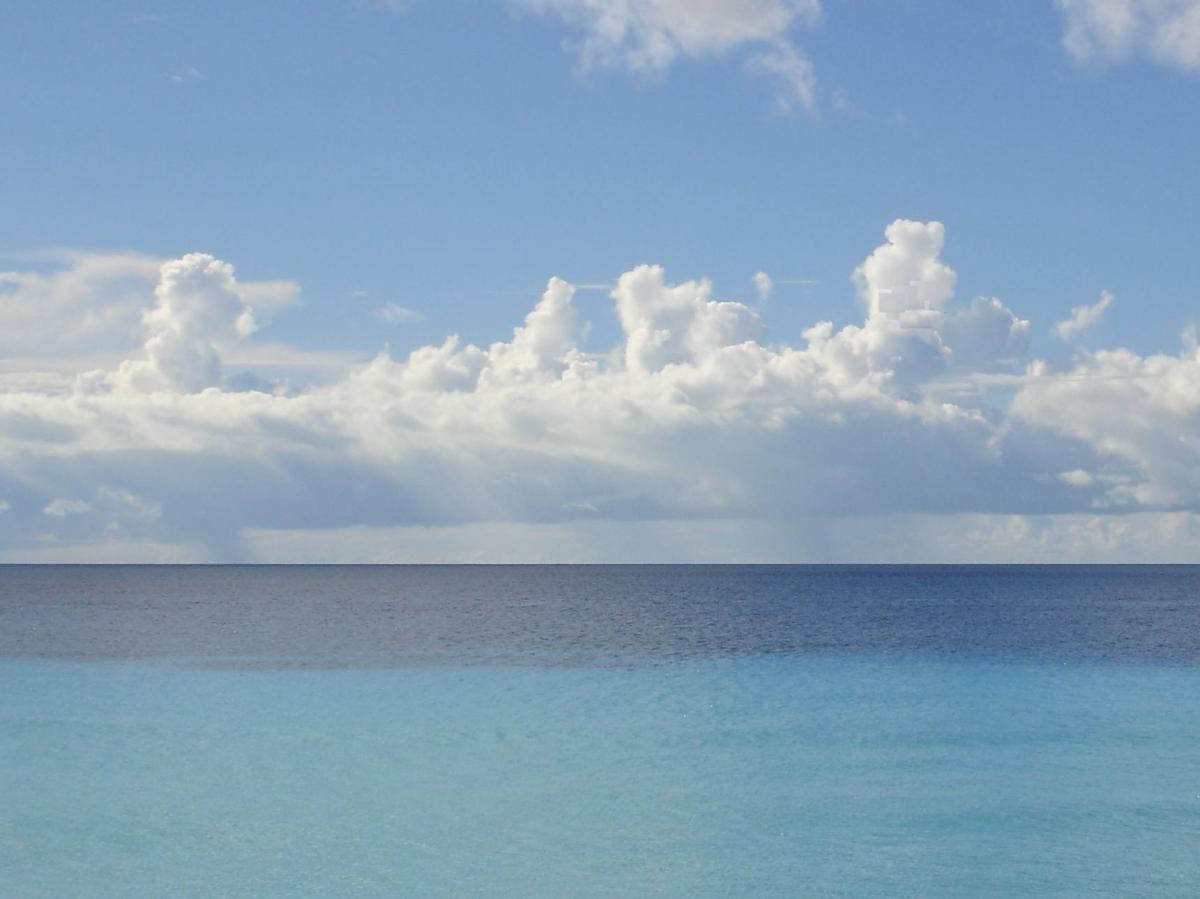Conserve the gene pool of our oceans, urges the World Conservation Union

Photo: Deep Atlantic Stepping Stones Science Team_IFE_URI_NOAA
The pool of marine genetic material needs to be protected. That’s the message from World Conservation Union’s (IUCN) Representative on Ocean Governance, Harlan Cohen.
Mr Cohen is on a panel to make a presentation this week to the UN Consultative Process on Oceans and the Law of the Sea, drawing from existing ideas to suggest ways that states may ensure the conservation and sustainable and equitable use of marine material, such as microbes.
The presentation notes that modern evaluation techniques show marine microbes make up more than 90 per cent of total mass of life in the seas. Such microbes probably represent the greatest untapped source of new bioproducts, as 99 per cent of them have not been studied for commercial purposes yet.
Mr Cohen said: “Until recently, there was little or no knowledge of these marine genetic resources and their values. We did not have the ability to explore or exploit them; indeed we were not even aware that most of them existed.
“When the UN Convention on the Law of the Sea [a set of rules governing the use of the world’s oceans] was under negotiation from 1973 to 1982, the deep ocean was thought of – if it was thought of at all – as a lifeless expanse. Now new technologies have opened these once-inaccessible areas to exploration and exploitation and allowed us to explore the DNA of the rich array of microbes found in the water column that we did not know existed.”
He said the current challenge is to ensure the conservation of this marine genetic material and its sustainable and equitable use. If methods such as dredging the sea floor or filtering microbes from sea water are to be used, measures will need to be taken to avoid or minimize harmful effects on the natural habitat.
In his presentation to the 8th meeting of UNICPOLOS* this week, Mr Cohen suggests that states may choose to require their residents and nationals to provide advance notice and brief reports on expedition findings if they want to collect marine genetic resources in areas beyond national jurisdiction.
States could also provide that a minimum set of data, including information on how much they are harvesting and the likely impact on the proposed area, be made publicly available.
Mr Cohen said: “Further pressures on marine genetic resources will arise not only from growing human activities but also from climate change. If we are to provide life in the oceans with the resilience to survive and adapt to changes in the marine environment a precautionary approach requires that we carefully consider and assess the possible and the likely effects of all significant human activities in the oceans.”
Notes to editors
Links
Discussion Paper for the 8th meeting of UNICPOLOS [PDF]*
Powerpoint presentation to UNICPOLOS [PDF]*
For more information or to set up interviews, please contact:
Sarah Halls, Global Media Relations Officer, Tel: +41 22 999 0127; Fax: +41 22 999 0020; sarah.halls@iucn.org; Web: www.iucn.org
Harlan Cohen, Advisor on Ocean Governance and International Institutions, IUCN Global Marine Programme, IUCN USA & Caribbean Multilateral Office, 1630 Connecticut Avenue NW, Third Floor, Washington, DC 20009, USA.
Tel: ++ 1.202.387.4826, Fax: ++1.202.387.4823, Email: hcohen@iucnus.org
www.iucn/marineCarl Gustaf Lundin, Head, IUCN – Global Marine Programme, Rue Mauverney 28, CH-1196 Gland, Switzerland. Tel: ++4122-999 00 01, Fax: ++4122-999 00 25,
E-mail carl.lundin@iucn.org
About the World Conservation Union (IUCN)
Created in 1948, the World Conservation Union (IUCN) brings together 84 States, 108 government agencies, 700 plus NGOs, and some 10,000 scientists and experts from 147 countries in a unique worldwide partnership. The Union’s mission is to influence, encourage and assist societies throughout the world to conserve the integrity and diversity of nature and to ensure that any use of natural resources is equitable and ecologically sustainable.
The Union is the world's largest environmental knowledge network and has helped over 75 countries to prepare and implement national conservation and biodiversity strategies. The Union is a multicultural, multilingual organization with 1,000 staff located in 62 countries. Its headquarters are in Gland, Switzerland.
*UNICPOLOS: United Nations Open-ended Informal Consultative Process on Oceans and the Law of the Sea. The 8th meeting is being held from June 25-29, 2007 in New York.



